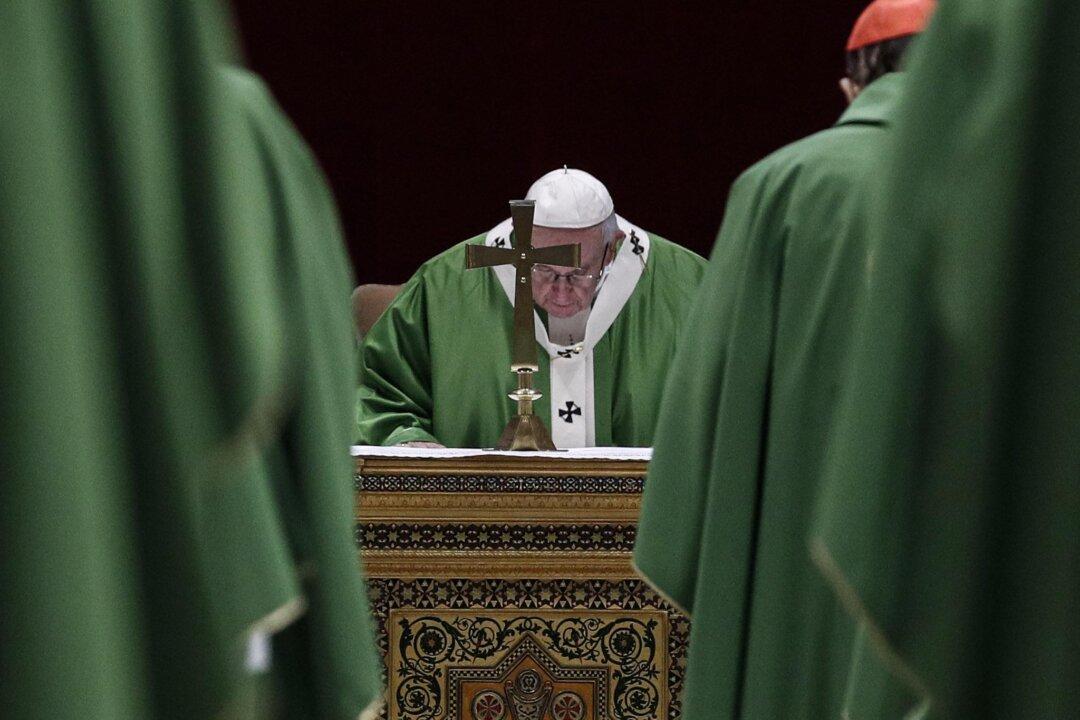Pope Francis pledged to end the dark history of church coverups in his closing speech at the Vatican’s four-day summit addressing the global clergy sexual abuse crisis, but failed to offer any concrete plans that would hold bishops accused of such crimes accountable—aside from offering some rough guidelines.
In the first global Catholic summit of its kind, Francis offered eight points of priority for the church moving forward. Some 190 senior Catholic bishops and religious superiors attended the summit.





